
Regina Amira, Al Cordova and Tarin Stefens add a Seattle twist to Azar’s “El Papagáyo Djudió” (“The Jewish Parrot”)
By Tania Aronowitz
My favorite part about Ladino Day was hearing the Ladineros read François Azar’s folktale “El Papagayo Djudyo” (“The Jewish Parrot,” 2014), and learning the history behind the Ladineros. After learning so much about the Sephardic Jews in Seattle, it was a really cool experience to see that some of these Seattle Sephardic Jews still come together to read and learn Ladino once a week.
Ladino has been a language since the Jews were expelled from Spain in 1492, but sadly, it is rare to hear it spoken nowadays. My great-great-grandmother and grandfather both spoke Ladino. They moved from Israel to Mexico, and my mom told me that she still remembers when she was very little and her family would sit around the Shabbat table speaking in Ladino. I brought my mom to Ladino Day and she sat in awe, recording everything for my grandma. I noticed her face light up when the Ladineros said specific phrases, and it was cool to see how some phrases resonated with her more than others.
I appreciated when Azar mentioned how he tweaked his stories depending on where they would be read. The Ladineros changed phrases and locations in “The Jewish Parrot” in order to adapt to the Ladino of Sephardic Seattle. It is interesting to see that Ladino didn’t only change throughout the different dispersions in the Sephardic Diaspora, but is still changing now. In Seattle, Jews from Turkey, Rhodes, and elsewhere came together speaking slightly different versions of Ladino, but as time went on, they merged and ultimately created the Ladino of Sephardic Seattle today.
*Watch the full video of Ladino Day 2018 now*
Further reading
- “Seattle is a Sephardic country: Behind the scenes of Ladino Day 2018” by Makena Mezistrano (2019)
- “Aki estamos (we are here): Revitalizing Ladino in Paris and beyond” by Molly FitzMorris (2018)
- To read more about past Ladino Days, visit our Ladino Day Archive
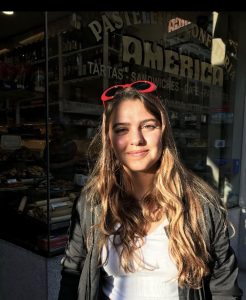
Tania Aronowitz is an undergrad student at the University of Washington. Tania attended Prof. Devin Naar’s course “The Sephardic Diaspora: 1492-Present,” during the 2018 Fall semester

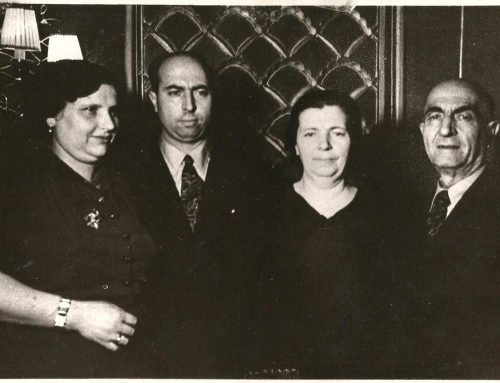
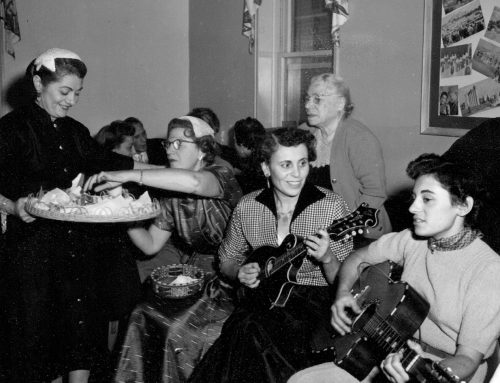
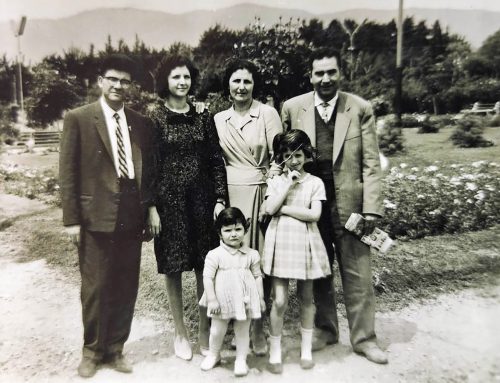

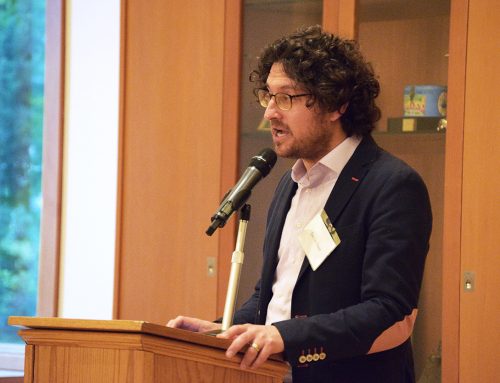
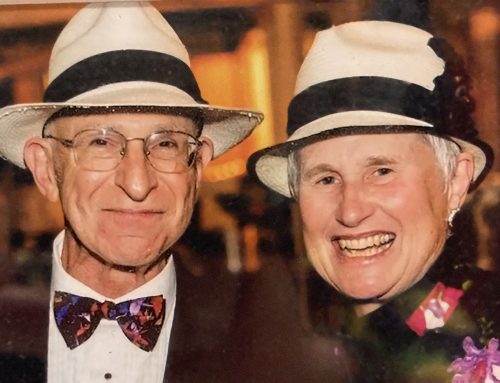
Leave A Comment